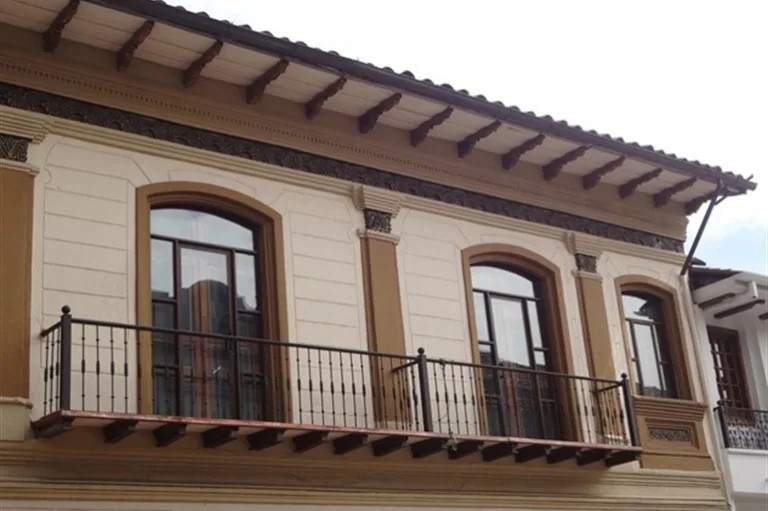Big issues remain to be resolved before the new plastic bag tax goes into effect
Although the National Assembly mandated a new tax on plastic bags for 2020, it will be at least 90 days before the tax is collected at grocery stores, markets and tiendas. In the meantime, Ecuador’s Internal Revenue Service (SRI) must resolve such questions as whether the tax will apply equally to all bags regardless of size and whether the tax will apply at the same rate to large supermarkets and small independent shops.

Environmentalists want to extend restrictions on plastic products.
There is also the issue of tax collection and enforcement of the new rules on hundreds of thousands of informal vendors in the country.
According to the new Tax Simplification Law, the tax on bags will begin at 4 cents in 2020, increasing progressively to 10 cents by 2023.
“There are some fairness issues to be worked out before this tax is collected,” says Guido Varela, director of Ecuadorian Tenderos Network, an association of mostly small commercial operations. “Is the tax the same for big bags and little bags? Will there be special consideration for small businesses in collecting the tax? It is also not clear if other plastic products besides bags, will be subject to the tax. We don’t know all the answers yet.”
There are bigger questions in Cuenca and Azuay Province as a result of a total ban on plastic bags voted by the Provincial Council and set to go into effect in 2021.
“There are lot of things yet to be determined with the new law,” says John Arias, manager of the consulting firm Census Consultores. “There is also the consideration of how to educate the public about using reusable bags when people go shopping. This has been done successfully in many countries, including the European Union, but there needs to be an agressive public information campaign to change habits in Ecuador.”
According to Ecuador’s environmental ministry, the country used 1.4 billion plastic shopping bags in 2019.
In Latin America, several countries have implemented taxes or total bans on the use of plastic bags, with Chile being a leader in the area.
Although manufacturers and distributors of plastic products in Ecuador first suggested they might go to court to challenge the new law, they now says they will work with the government for successful implementation. It cautions, however, that it is concerned about the loss of jobs in the sector. “We are a long way from having a full understanding of how the law will work and its impact on plastic manufacturers,” says Jorge Luis Mortola, president of the Ecuadorian Association of Plastics.
The plastics industry generated $2.6 billion in sales in 2017 and 2018, Mortola says, generating 19,000 jobs. “We must use great care with the law to avoid hardship for workers.”
Some environmentalists say the new law does not go far enough and say they will push for taxes and restrictions on more plastic products. “We recommend adopting the European standard and plan to approach the Assembly with some new ideas,” says María Amparo Albán, an environmental consultant in Quito. In particular, Albán wants a ban on non-reusable plastic drink bottles.
Many plastic products are exempt from the tax including those used for industrial and agricultural purposes, those used for frozen food products and those containing at least 50% recycled materials.





















